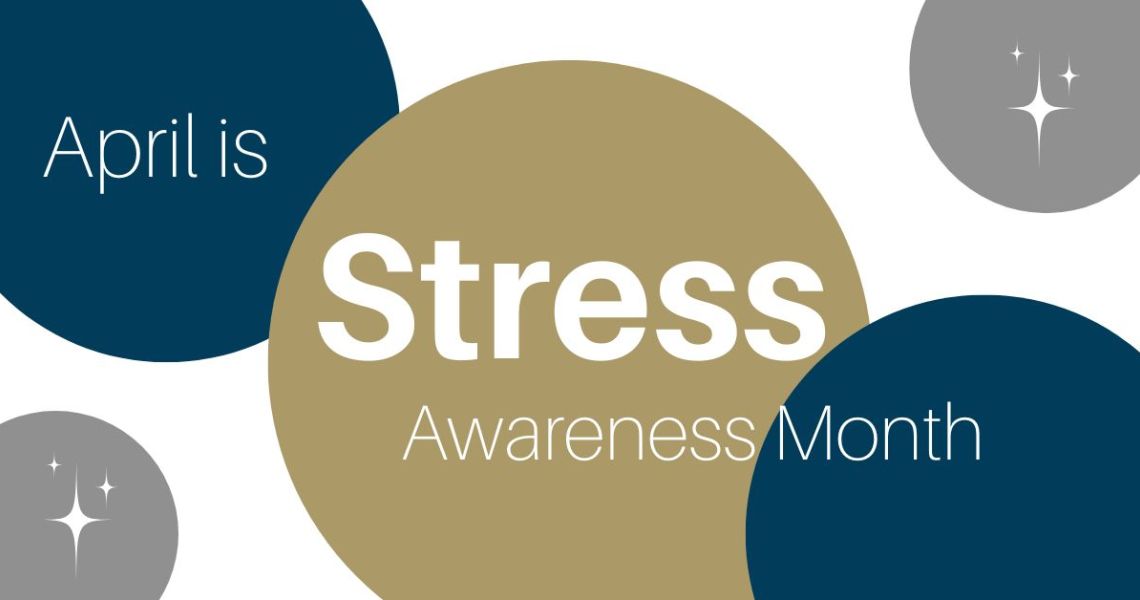As the world around us renews with the arrival of spring, it’s the perfect time to also refresh our approach to managing stress.
Stress is a naturally occurring reaction in your body that can be triggered by the changes occurring around you and can be beneficial by fueling you to stay focused and productive. For example, you may experience stress when a deadline is approaching that encourages you to prioritize and use your time more efficiently. This stress, also called acute stress, can be beneficial so long as it dissipates rather quickly.
Individuals run into issues when they start experiencing stress on a longer or regular basis and is known as chronic stress. When meeting new people or going to a new restaurant, you might experience positive stress that increases your adrenaline levels and causes you to feel excited. Chronic stress however, can lead to negative affects on your overall well-being and health. This could be caused by stress at work or family health issues.
Being aware of your body and functioning is one of the most important steps of managing stress. Physical symptoms of stress can include aches and pains, fatigue, disruptive sleep patterns, changes in appetite and digestion, and a weakened immune system. Emotionally, you may notice an increase in irritation, heightened anxiety or uncontrollable worry, feeling down or overwhelmed. You might also experience difficulty concentrating, making decisions or a lack of motivation to engage in activities that you would normally enjoy.
Coping with stress is an important part of maintaining your overall well-being. Consider utilizing relaxing techniques, regular physical activities such as walking, having a consistent sleep routine, focusing on your nutritional choices and engaging in activities that will bring you happiness. Typically, the hardest step to take when feeling overwhelmed or stressed is the first one - being able to take that first step to go to the gym or go outside will drastically reduce your stress levels and you will find yourself having an easier time engaging with others.
Negative coping strategies are important to watch for and can include substance use, neglecting your self care activities, or neglecting responsibilities. If you notice any of these patterns or behaviors, it may be a sign to speak to a professional to help develop healthy coping strategies and determine the root cause of your stress.
Learn more on the GW Resiliency & Well-being Center's stress managment resources page. We offer stress management talks, workshops, and one-on-one counseling. Access these services by filling out this consultation request form.
